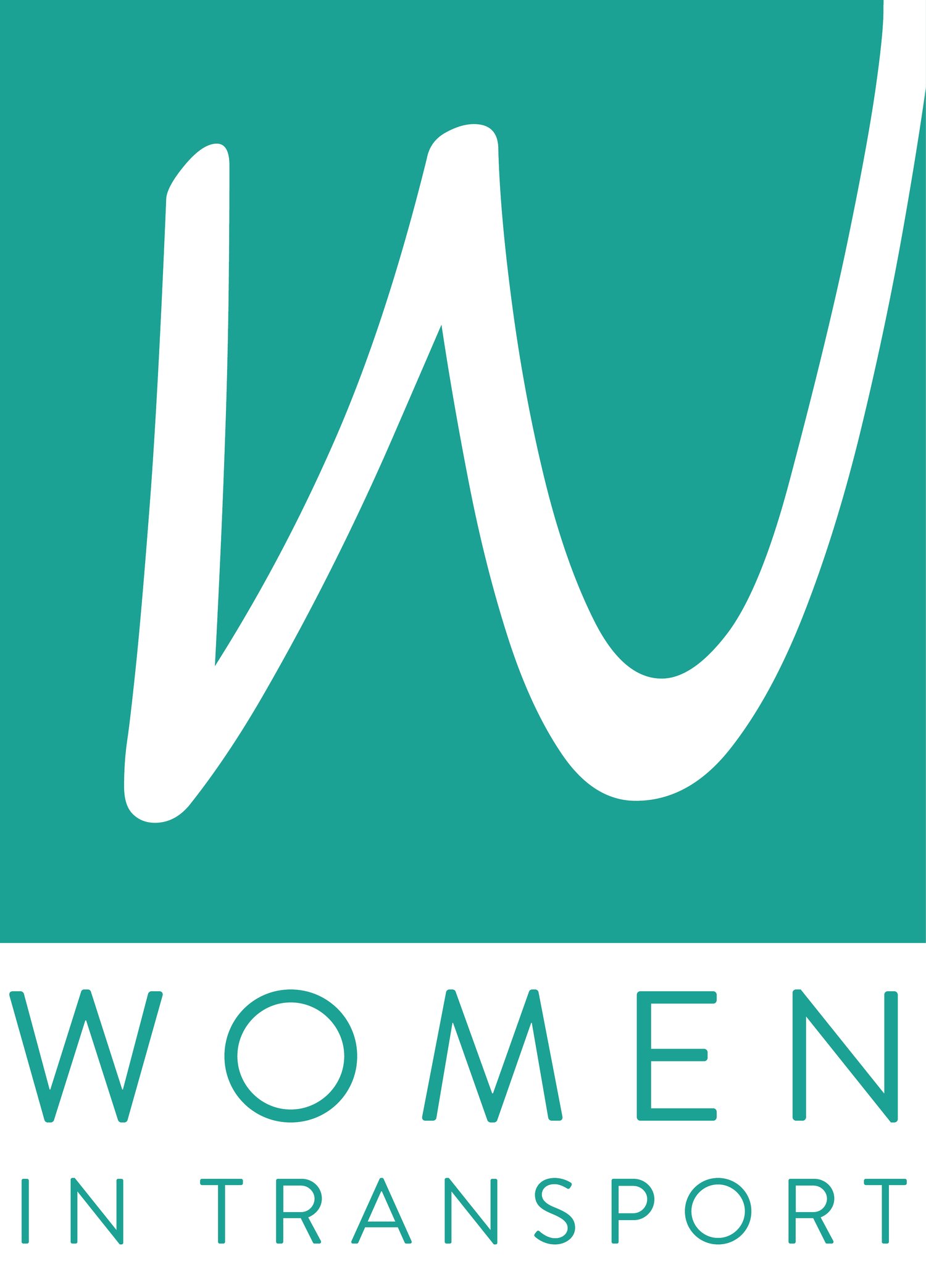The need to put people first when implementing change was the key talking point when transformation and human factors experts at Highways England, WSP, Turner & Townsend and Women in Transport came together at a webinar hosted by WSP, on Tuesday 22nd September 2020.
A thought-provoking panel discussion was facilitated by Women in Transport board member, Dorcas Ariyo-Francis, who has many years’ experience of leading transformation projects in the housing, education and rail sectors. The expert panel included Diane Gibson, Head of Transformation for Operations in Highways England, Catherine Barnett-Jaafar, Head of Organisational Effectiveness at Turner & Townsend and Kathy Wilson-Ellis, Human Factors Associate at WSP.
An audience poll during the webinar revealed that 31% of the audience felt their organisation always considered people first in the transformational process while 57% replied that this sometimes happened and, worryingly, 12% said it rarely did.
A clear case soon emerged from the panel on why people should always feature first as they talked about what transformation meant to them. Their views were based on years of experience leading business transformations across the infrastructure sector in the UK and the Middle East.
Diane Gibson began by telling us about lessons learnt from the transformation she is leading with Highways England, Operational Excellence 2025. She recognises that people are reluctant to change and emphasised the importance of creating a vision, making the what and the why clear for everyone. “This is a journey and you need to take everyone with you. Make people realise that you are doing this with them – not to them.” She said that, along with collaborating and engaging with people, there is no substitute for strong leadership and being a role model. While it's important not to lose sight of your vision and clarity of purpose, Diane recommends celebrating quick wins along the way and keeping up the pace of the project.
Catherine Barnett-Jaafar, who has spent seven years working in the Middle East, gave us a fascinating insight into approaching change in the Middle East compared to the UK. She explained that change in the Middle East tends to be revolutionary and disruptive while in the UK it is a more evolutionary development with a phased, reconciliatory approach. “Change in the Middle East is about doing it to people, whereas in the UK it is usually done with people.”
She emphasised the importance of communicating with your team. “The people factor is a critical success factor but it's also a critical failure factor. Getting the team together at the outset and taking the time to understand their personal motivations results in potential conflicts being resolved more easily.” She agreed with Diane that people can be resistant to change, seeing it as more work, so it becomes imperative to demonstrate the value of the transformation and what's in it for them.
Kathy Wilson-Ellis, told us how, in her former career working for Police Intelligence to prevent crime and later in Highways England to prevent road disruptions, she learned how vital it was to understand people's behaviour in order to change the outcome.
She says you must bring the original people along with you. “Listen to them. Engage with them. Find out what the issues are and what can be improved.” While we understand that all people are different, we have to look beyond cultural differences. Consider factors such as their skill sets, age and health, as they will impact on how they interpret a situation.
She says you must understand the people if you want them to be part of the solution and to take ownership. If they are involved and if there are teething problems when you deliver the project, they will want to make it work rather than taking a critical stand. Her concluding message was “Don't forget the human element. It will make or break your transformation”.
An interesting Q & A session followed that included the panel giving their thoughts on designing an accessible and diverse transport system, responding to the Covid-19 pandemic and managing a remote working team.
The key message throughout was loud and clear. For change to succeed, you need to consult and engage with people to find out what they want and to ensure that they understand how they will benefit from the changes being delivered.
Thank you to Nicola McMillan at WSP, Dorcas, Diane, Catherine and Kathy for such an interesting and informative session.
Here are some comments from our members:
“I thought the background comments from Kathy Wilson Ellis regarding how skills developed working in Police Intelligence, are being applied to transformational change were great. Understanding why people do things helps to develop how change can be progressed. It is a good reminder to understand how existing systems work, or don't, before changing them.”
“I learned a lot from this panel discussion. Really insightful and helpful”
“If anyone needed convincing that people are critical to a project's success, this was a very clear explanation. Thank you so much.”
“There's much here that my organisation could learn from.“
“Great Q & A session. Really interesting questions about Covid-19. The Government could learn from this!”
For more information about the speakers click here….
To hear the full recording of the webinar click here..
Women in Transport is a non-profit network with a mission of advancing women working in transport. Annual membership of Women in Transport is £60 per year providing access to professional development and networking opportunities. We very much welcome guest blogs from our members - a great way to share the incredible diversity of opportunity in transport, raise your profile and connect with our community.
Follow us @transportwm on Twitter, on Linkedin at Women in Transport and at @transportwmn on Instagram for events, news and updates.

